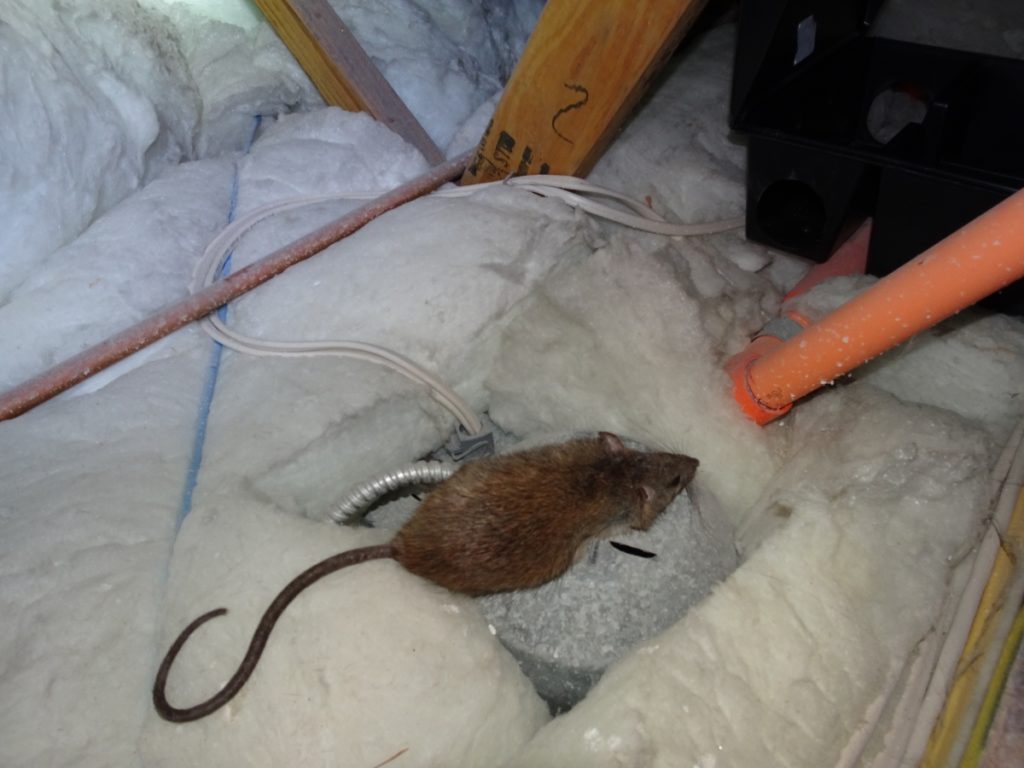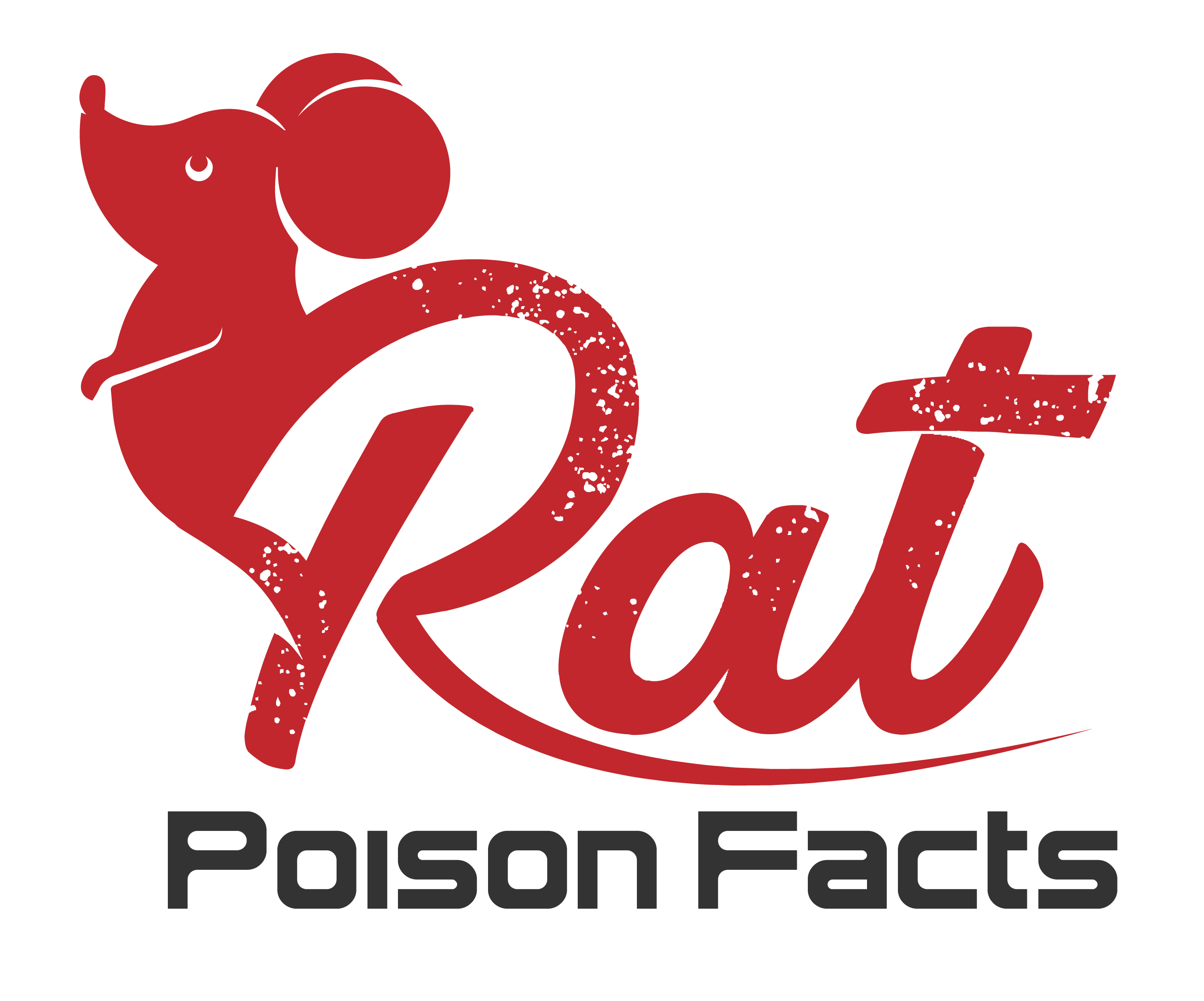
Given the popularity of using poison to control rat populations, both in private and public areas, it is not pleasant for most people to realize that rats can experience poison shyness. This can make it significantly more challenging to effectively kill rats using poison or bait, leading to frustration and wasted time.
Understanding Poison Shyness and Why It Matters
Poison shyness or bait shyness is exactly what it sounds like; it refers to when rodents are hesitant about consuming or even approaching a bait or poison due to past experiences.
The potential implications of this are obvious. If you cannot get the rats to eat the bait or poison, then it will not take effect and kill them.
The Technical Definition
If you look at the technical definition of poison shyness, it refers to animals that avoid a particular toxic substance because they previously consumed it and did not like the effects. Animals are able to associate between the smell or taste of the toxic substances and the feelings of being sick that they developed.
For most animals, poison shyness is an evolutionary adaptation. It will occur if the rodents have previously ingested the poison in question in doses that were not quite lethal.
Other Names
You may also notice poison shyness referred to as bait shyness or conditioned food aversion.
How Poison Shyness Influences Poison Production
Rodents are incredibly likely to develop poison shyness. It is common for bait shyness to last months and even extend to similar foods that are not toxic. As such, developers of poisons and baits keep this in mind as they create products.

They Cannot Produce Immediate Effects . . .
One of the key ways in which rat poison aims to get around this is by creating baits that do not produce immediate effects. The rats must not feel ill after they ingest them and the symptoms and death must appear later. This is why Warfarin was so popular; it caused a very slow death via internal bleeding, something that rats do not associate with the bait.

. . . Or They Can Kill in One Dose . . .
Alternatively, rat poisons can provide a strong enough level of toxicity to kill the rodents in just one dose. This way, it will not matter that the rodent does not return to consume more since they will have already had a lethal dose.

. . . Or They Can Target Specific Systems
Rat control experts have also started using Bromethalin, which is a very potent toxin that affects the central nervous system. Because the chemical affects the nervous system, the rodents are incapable of associating ill effects with consuming the food. That lack of correlation prevents poison shyness.
How to Overcome Poison Shyness in Rats
Although it is a challenge to overcome poison shyness in rats, it is possible to do. This will require a great deal of patience on your part, making the poisoning method take longer.
Overcoming Bait Shyness
Start by placing the bait station or other container inside, but without any rodenticide. Your goal is to get the rodent used to the container so they are no longer afraid of it and will not associate the poison you put inside with their previous experiences of that poison.

TIP: Instead of just placing the empty bait station, include a small amount of food in and around it, such as bird seed or dog food. This will attract the rodents to the area, show them it is safe, and get their smell all over it.
Eventually, the rodent smell will be in and around the bait station, which will encourage others to come and the previous rats to return. At this point, you can place the rodenticide inside and it will hopefully work.
Other Reasons Your Bait or Poison May Have Failed
Although poison shyness is a very common reason for unsuccessful rat poisoning, there are also other potential reasons.
You Did Not Use It Long Enough
You may not have continued to place the bait for long enough. You want to keep placing the rodent poison until the rodents are no longer feeding on it.
You Did Not Use Enough
Depending on the number of rodents on your property, you may have underestimated the amount of bait that you needed to use. Similarly, you need to ensure that the presence of the bait is consistent, as this encourages the rats to see it as a consistent food source.
You Placed The Bait Stations Incorrectly
You may also notice problems if you do not use enough bait stations or do not put them together. You may need to have them within 20 to 30 feet of each other in some cases.
Poison Resistence
Sometimes, the rodents are resistant to the rodenticide that you choose to use. You may want to assume that this is the case if several weeks have passed without results. Resistance is more common for multiple-dose anticoagulants, so you should try a different poison if this occurs.
Other Food is Available
For the poison to work, the rats need to consume it. They will not necessarily do so if there are plenty of other food sources around. Because of this, you should always make it a priority to eliminate other food sources. Practice proper sanitation methods and store food, including grain and pet food, in airtight containers.
Alternatives to Poison
You do not even need to use rat poison to control the rats on your property. In fact, other alternatives may be better.
Using rat poison creates a risk of small children or pets accidentally consuming it, which can lead to severe sickness or even death. Additionally, rats that are poisoned will retreat before dying, since no poison works instantly. This leaves you to find dead rodents in your walls or other hard-to-reach areas. If you do not find and remove the dead rodents, you will be left with flies and a horrible smell.
Instead of using poison, consider making your property unappealing to rats by sealing off entry points and using traps. You should also strongly consider professional assistance.
